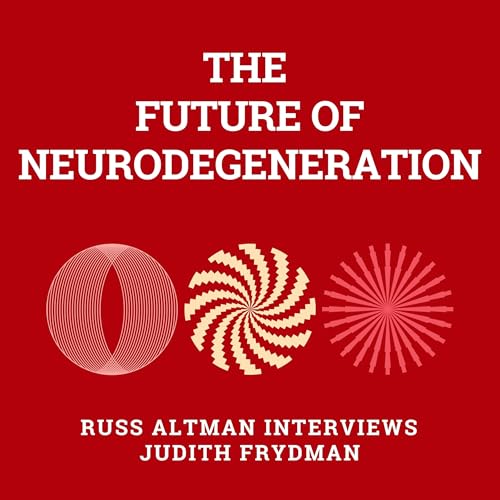We hope you’re enjoying the holiday season with family, friends, and loved ones. We’ll be releasing new episodes again in the new year – in the meantime, today, we’re re-running a fascinating episode on The future of AI coaching. The past few years have seen an incredible boom in AI and one of our colleagues, James Landay, a professor in Computer Science, thinks that when it comes to AI and education, things are just getting started. He’s particularly excited about the potential for AI to serve as a coach or tutor. We hope you’ll take another listen to this conversation and come away with some optimism for the potential AI has to help make us smarter and healthier.
Have a question for Russ? Send it our way in writing or via voice memo, and it might be featured on an upcoming episode. Please introduce yourself, let us know where you're listening from, and share your question. You can send questions to thefutureofeverything@stanford.edu.
Episode Reference Links:
- Stanford Profile: James Landay
Connect With Us:
- Episode Transcripts >>> The Future of Everything Website
- Connect with Russ >>> Threads / Bluesky / Mastodon
- Connect with School of Engineering >>> Twitter/X / Instagram / LinkedIn / Facebook
Chapters:
(00:00:00) Introduction
Russ Altman introduces guest James Landay, a professor of Computer Science at Stanford University.
(00:01:44) Evolving AI Applications
How large language models can replicate personal coaching experiences.
(00:06:24) Role of Health Experts in AI
Integrating insights from medical professionals into AI coaching systems.
(00:10:01) Personalization in AI Coaching
How AI coaches can adapt personalities and avatars to cater to user preferences.
(00:12:30) Group Dynamics in AI Coaching
Pros and cons of adding social features and group support to AI coaching systems.
(00:13:48) Ambient Awareness in Technology
Ambient awareness and how it enhances user engagement without active attention.
(00:17:24) Using AI in Elementary Education
Narrative-driven tutoring systems to inspire kids' learning and creativity.
(00:22:39) Encouraging Student Writing with AI
Using LLMs to motivate students to write through personalized feedback.
(00:23:32) Scaling AI Educational Tools
The ACORN project and creating dynamic, scalable learning experiences.
(00:27:38) Human-Centered AI
The concept of human-centered AI and its focus on designing for society.
(00:30:13) Conclusion
Connect With Us:
Episode Transcripts >>> The Future of Everything Website
Connect with Russ >>> Threads / Bluesky / Mastodon
Connect with School of Engineering >>>Twitter/X / Instagram / LinkedIn / Facebook
Hosted by Simplecast, an AdsWizz company. See pcm.adswizz.com for information about our collection and use of personal data for advertising.
 2025/12/2631 分
2025/12/2631 分 2025/12/1933 分
2025/12/1933 分 2025/12/1235 分
2025/12/1235 分 2025/12/0535 分
2025/12/0535 分 2025/11/2829 分
2025/11/2829 分 2025/11/2132 分
2025/11/2132 分 2025/11/1434 分
2025/11/1434 分 2025/11/0732 分
2025/11/0732 分
